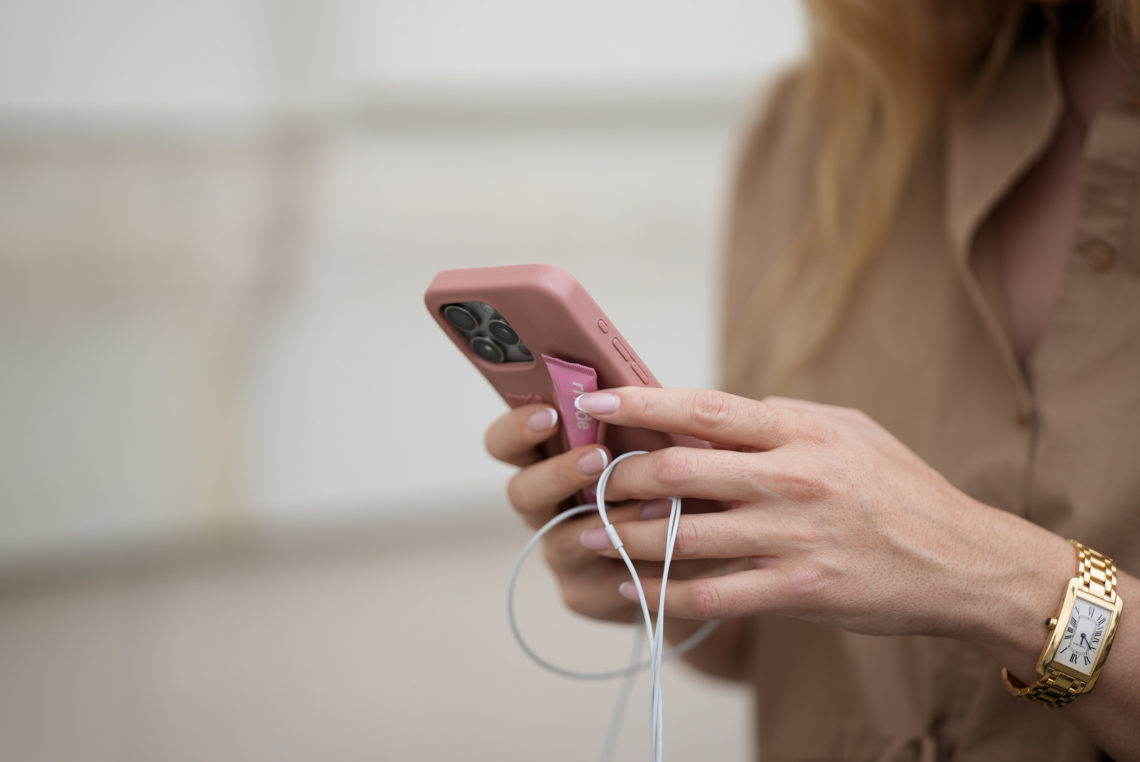iPhone users are more likely to fall victim to online scams and less likely to practice safe online habits compared to Android users, according to new research from cybersecurity firm Malwarebytes.
The survey, released Thursday, surveyed 1,300 adults across the U.S, U.K, Austria, Germany, and Switzerland and highlighted a consistent pattern of riskier online behavior among iPhone owners.
Why it Matters
This survey results challenge the long-standing perception that Apple devices are inherently safer, revealing a worrying trend for millions of iPhone users in the U.S. and globally.
As cyber threats and scams become increasingly sophisticated, both consumers and businesses must recognize that device choice does not guarantee immunity from online risks.
What to Know
The Malwarebytes survey revealed that 53 percent of iPhone users have fallen victim to an online scam, compared to 48 percent of Android users. The also study found iPhone owners are more likely to trust their device’s built-in security, potentially leading to less cautious behavior.
“iPhone continues to dominate market share in the U.S., and with that popularity comes more targeting,” Kevin Thompson, the CEO of 9i Capital Group and the host of the 9innings podcast, told Newsweek. “Scams are everywhere—from fake USPS or TollTag texts to those suspicious ‘Hey’ messages. They all want one thing: for you to respond.”
Risk-taking behavior was also higher among iPhone users: 47 percent reported buying from unknown sources for the best price, compared to 40 percent of Android users. Additionally, 41 percent of iPhone users admitted to sending a direct message to a seller or company on social media seeking discounts, in contrast to 33 percent of Android users.
Only 21 percent of iPhone users said they use mobile security software, compared to 29 percent of Android users. Similarly, 35 percent of iPhone owners reported using unique passwords for each online account, while 41 percent of Android users did the same.
“The iPhone is the most widely used smartphone worldwide, and it’s naive to think individuals who commit cybercrimes wouldn’t work constantly to find workarounds to take advantage of owners,” Alex Beene, a financial literacy instructor for the University of Tennessee at Martin, told Newsweek.
“Unless notified directly through Apple, don’t click on links or respond to messages claiming to be from the company. And when in doubt, reach out to the company directly, not to the number that sent you a link.”
Researchers pointed out that iPhone users may be lulled into a false sense of security by the device’s reputation. Roughly 55 percent of iPhone users expressed trust in their phone’s security to keep them safe, which was slightly higher than the 50 percent rate among Android users. This trust could discourage adoption of additional security tools or best practices.
“Too many iPhone users rely on the device’s reputation for security without taking basic steps to protect themselves, leaving them vulnerable to today’s realistic scams and silent threats like infostealers,” Michael Sherwood, VP of product at Malwarebytes, said in a statement.
“We can no longer rest on our laurels no matter how we choose to browse, bank or chat. Cybercriminals know that mobile devices are a fruitful gateway to scams and threats. We need to be aware and skeptical of everything from text messages and search results to email attachments and links.”
On its website, Apple encourages users to never share personal information or passwords and to consider using two-factor verification for added safety.
“If you’re suspicious about an unexpected message, call, or request for personal information, such as your email address, phone number, password, security code, or money, it’s safer to presume that it’s a scam—contact that company directly if you need to,” Apple said on its website.
Google encourages Android users to get the latest Android updates for your device, remove untrusted apps and perform a security check.
Google also says on its help center site: “To help remove harmful software from your device, you may want to reset your Android device to factory settings. To learn more about how to remove harmful software from your device, contact your device manufacturer.”
What People Are Saying
Kevin Thompson, the CEO of 9i Capital Group and the host of the 9innings podcast, told Newsweek: “These scams often succeed because they prey on urgency and trust, especially when someone’s expecting a package. A single response or download can let malware slip through the cracks. And let’s be honest, a lot of iPhone users tend to skew older, making them more susceptible to these tactics.”
Alex Beene, a financial literacy instructor for the University of Tennessee at Martin, told Newsweek: “For decades, Apple had the edge on competitors in the digital virus space, as their devices gained a good reputation for being less susceptible to malware. This same reputation, unfortunately, has led some to believe devices like iPhone are safer from these attacks and as a result, some users are more likely to click on links they receive assuming Apple has thoroughly protected their device.”
What Happens Next
The Malwarebytes survey points to an urgent need for enhanced online safety education and awareness, particularly among iPhone users.
Thompson said all phone users should not respond to texts from unknown senders.
“If you’re expecting a package, go straight to the carrier’s website, don’t click the link,” Thompson said. “The same goes for emails. Always navigate directly to the site, not through a message. One click can be the difference between secure and compromised.”
The post iPhone Users Are More Likely To Fall For Scams Than Android Users appeared first on Newsweek.




